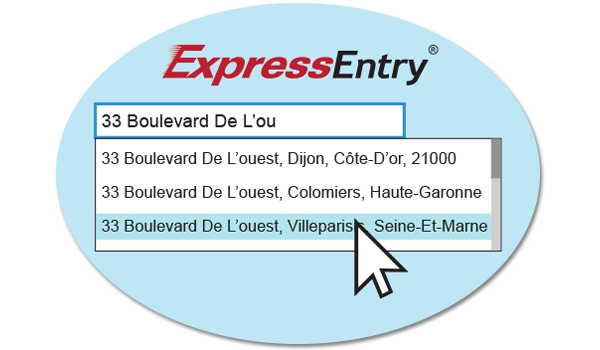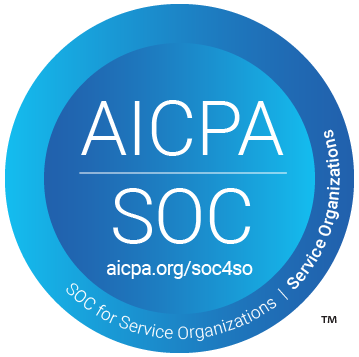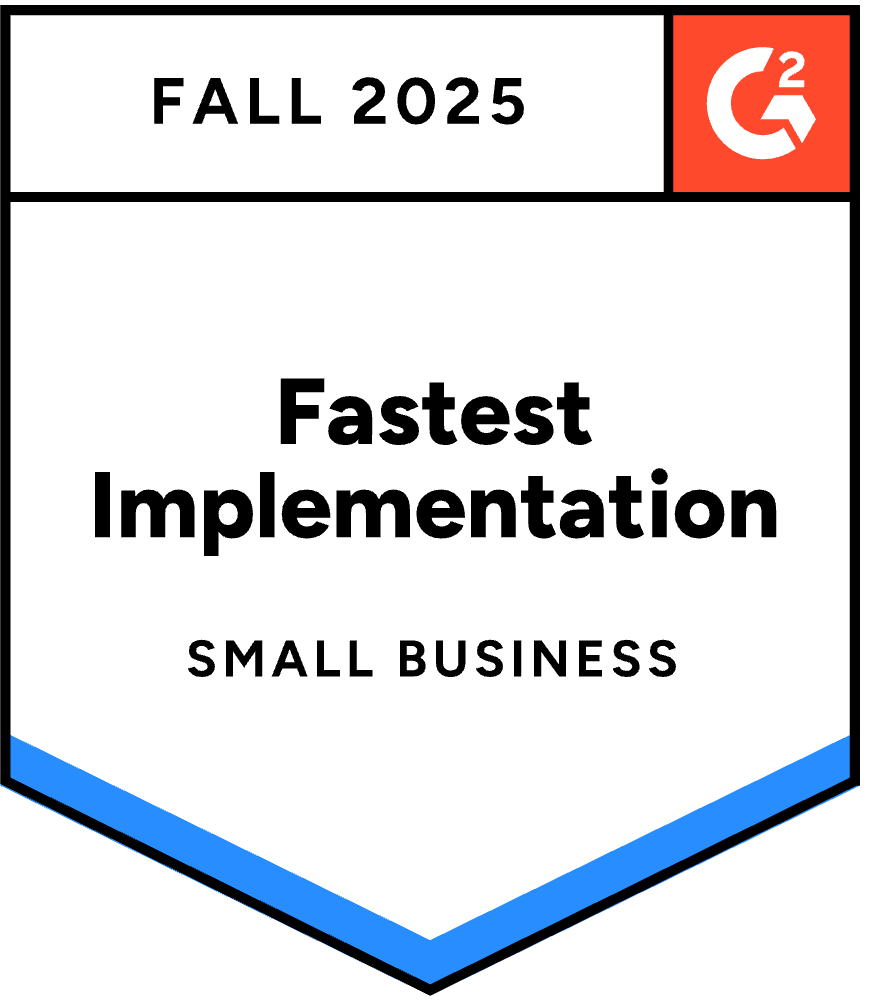Melissa Data Quality Platforms
Melissa's Full Spectrum DQ Approach. Learn MoreMelissa Data Quality Tools
Verify, correct & cleanse contact data in 240+ countries.Melissa Identity Verification
Increase compliance, reduce fraud and improve onboarding. Visit Identity Verification SolutionsMelissa E-Commerce / CRM
Improve customer onboarding, marketing & fulfillment.Melissa Enrich
Gain insight into who and where your customers are.Melissa Industries
See how Melissa's solutions work across industries.Data Hygiene
Keep your mailing list up-to-date, qualify for postal discounts & reduce UAA mail.Data Enhancement
Enrich your consumer or business records for greater insight & omni-channel marketing success.SaaS
Clean and update your data in the cloud, no software to maintain.Verify & enrich your records with multi-sourced, authoritative reference datasets.
Address Autocomplete
Melissa’s Global Address Autocomplete makes address entry fast, easy, and accurate.
Add Global Express Entry to power your web forms and CRM with type-ahead address autocompletion, and say goodbye to incorrectly addressed mail, location errors like inaccurate postcode, and even typos.
What We Do
Accelerate Checkout with Verified Address Suggestions
Save up to 50% in data entry time and simplifying shopping cart checkout. Customers will spend less time filling out forms and more time buying while you benefit from increased conversions and better-quality contact data for fulfillment.
Welcome to a better way to capture customer contact information:
- Autocompletes contact addresses to speed up order entry with reduced keystrokes
- Provides real-time verification & eliminates shipping costs due to incorrect addresses
- Autofills all address fields (town/city, county, postcode, etc.) and works like an Internet search engine to upgrade the user experience
- Available as a Cloud Service
"We found that Global Express Entry was the best and least expensive solution for accurate address completion."
Andrew Miller WCA Waste Corporation
Melissa G2 Awards
Always recognized and praised





How It Works
Our Address Lookup & Autocompletion in Action
The Benefits of Address Autocomplete
Faster, Frictionless Checkout
Customers enter their address in seconds with real-time suggestions, reducing form drop-offs and boosting completed orders.

Fewer Failed Deliveries
Capture accurate, verified addresses at the point of entry to ensure parcels arrive on time, the first time — worldwide.
Lower Costs & Operational Efficiency
Cut the expense of redeliveries, returns and customer service calls by eliminating bad address data before it enters your system.

Clean Data, Smarter Insights
Verified address data improves CRM quality, enabling better segmentation, targeted campaigns and actionable reporting.
How Global Express Entry Address Autocomplete Works
Point-of-entry data cleansing, verification, and completion at your fingertips. Express Entry offers predictive search functionality - just start typing an address and watch Express Entry find exactly what you’re looking for!

Free Form Search Entry
Don't be limited by just one field - there are many other ways to find addresses with Express Entry. Free form entry can search for an address any way you want, whether you start with the first line of the street address, city or ZIP.

Global Address Standardisation
Every country has a different mailing format standard. For example, Canada has a municipality, province and alphanumeric postal code, but Japan has a city, prefecture and numeric postal code. If you have customers in both countries, you need to ensure all your addresses are formatted consistently to the local format in order for mail to reach your contacts in these countries.
With 131 different global address formats included, standardised address data means you can deliver everywhere easily.

Best of Breed Address Verification Technology
Melissa’s address verification technology has been refined over more than 40 years, continually evolving with advanced rulesets, sophisticated parsing and robust fuzzy matching capabilities.
We leverage a comprehensive network of authoritative data sources from around the world—including Royal Mail, USPS, Australia Post and many other official postal and governmental providers—to deliver best-in-class address accuracy across any country or region.
Our data is automatically updated—sometimes daily—as soon as our source providers release it, ensuring that the address information we deliver is always as current, complete and accurate as possible.

Need Help?
Frequently Asked Questions
What is Address Autocomplete?
An API and web widget that suggests verified addresses and emails as users’ type, preventing typos, speeding checkout, and improving the customer experience.
How does it improve checkout and conversions?
Real-time suggestions reduce keystrokes and form friction, cutting entry time by up to 50% and lowering cart abandonment rates.
Does it validate addresses and emails?
Yes. It verifies addresses and emails in real time, ensuring clean, deliverable data at the point of entry.
Is international formatting supported?
Yes. Addresses are formatted to local postal standards in over 130 countries, ensuring global deliverability and consistency.
How is it integrated?
Available as a cloud service or API. Developers can easily embed it into web forms, CRMs, or checkout pages using JavaScript or REST integration.
What are the key business benefits?
Fewer failed deliveries, lower customer service costs, cleaner CRM data, and a smoother, faster checkout experience.
On-Prem or Cloud
HIPAA / HITrust & SOC2 Certified
CCPA & GDPR Compliant
99.99% Uptime with SLA
Ready to Start Your Demo?
Start today with Melissa's wide range of Data Quality Solutions, Tools, and Support.






